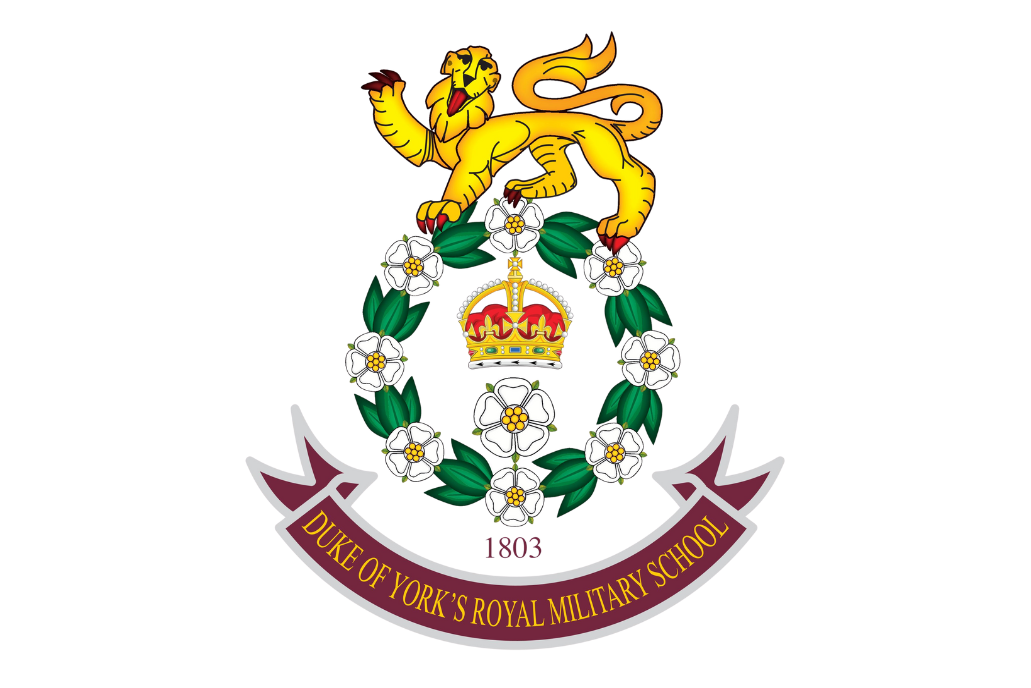Keir Starmer is playing a dangerous game, and it could cost him his legacy. That’s the stark warning from a former head of the British Army, who has bluntly stated that if the prime minister doesn’t boost defence spending, he’ll be tossed into the “bin of history.”
General Lord Richard Dannatt has issued a direct challenge to Starmer and Chancellor Rachel Reeves, arguing that their upcoming strategic defence review will be meaningless unless they commit to significantly increasing the defence budget. At present, Starmer has resisted calls to raise spending to 3% of GDP, instead sticking to Labour’s manifesto pledge to outline a “pathway” to 2.5%. But for many in the defence community, that simply isn’t enough.
A Hollow Strategy?
Speaking to BBC Radio 4’s The Week in Westminster, Dannatt didn’t mince his words: “Unless Keir Starmer and Rachel Reeves can look at themselves in the mirror and recognise that, yes, health, education, and infrastructure are important—but the security of this nation is more important, then this defence review will be hollow, it’ll be a failure. And, frankly, it’ll consign Keir Starmer to the bin of history.”
His warning comes as the UK faces mounting pressure from allies, particularly the United States, to increase military spending. Former US President Donald Trump has suggested NATO members should dedicate at least 5% of their GDP to defence, a figure that significantly surpasses the UK’s current commitment.
The NATO Dilemma
In response to growing concerns, UK Defence Secretary John Healey acknowledged that Britain and its European allies must step up and carry more of the “heavy lifting.” However, he stopped short of specifying exactly when or by how much defence spending might increase. With global tensions rising and NATO unity at stake, hesitation could prove costly.
Meanwhile, Starmer’s recent suggestion that British troops could be deployed as peacekeepers in Ukraine has raised eyebrows among military experts. When asked about the feasibility of such a mission, Dannatt didn’t hold back. “It would probably require about 100,000 people. The UK would have to supply quite a proportion of that. And we really couldn’t do it. Our military is so run down at the present moment, numerically, in capability, and in equipment, it would potentially be quite embarrassing.”
Global Security on the Line
As world leaders gathered in Munich for a high-stakes G7 security conference, concerns swirled that decisions about Europe’s future were being shaped not in London, Paris, or Berlin, but behind closed doors in Washington and Moscow. The UK is walking a fine diplomatic line: backing Ukraine against Russia’s invasion while trying to stay in favour with Trump, who recently claimed he had an “understanding” with Vladimir Putin about starting negotiations.
On Friday, Foreign Secretary David Lammy met with US Vice-President JD Vance, reaffirming the strength of the so-called “special relationship” between the two nations. But with Starmer’s government under increasing scrutiny, words alone won’t be enough.
During a call with Ukrainian President Volodymyr Zelenskyy, Starmer emphasised Britain’s unwavering support for Ukraine’s NATO aspirations, stating that Ukraine’s membership must be an “irreversible path.” More crucially, he stressed that no discussions about Ukraine’s future should happen without Ukraine at the table.
A Defining Moment
As tensions rise and expectations mount, Starmer faces a defining moment in his premiership. Will he take decisive action to reinforce Britain’s military standing, or will he be remembered as the leader who failed to meet the moment? One thing is clear: history won’t hesitate.
